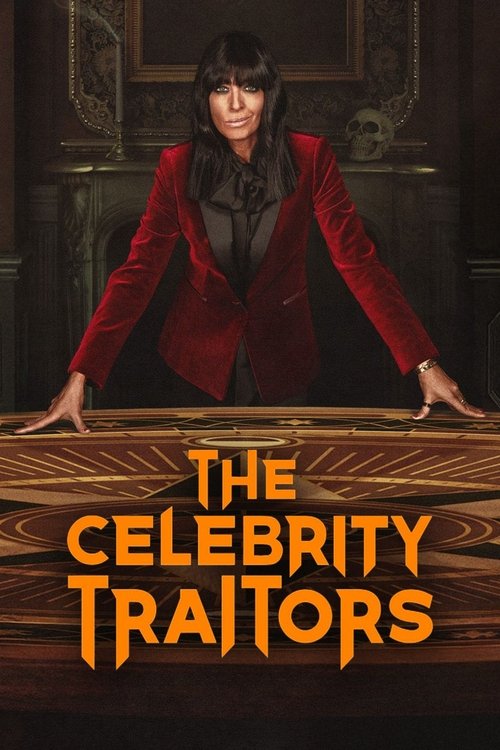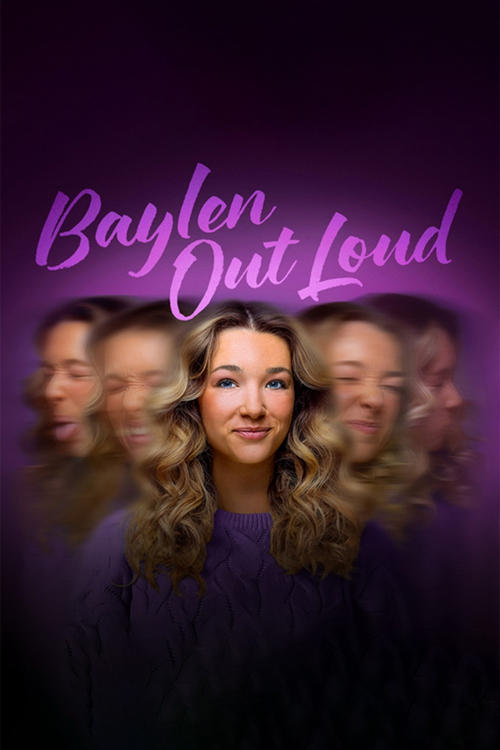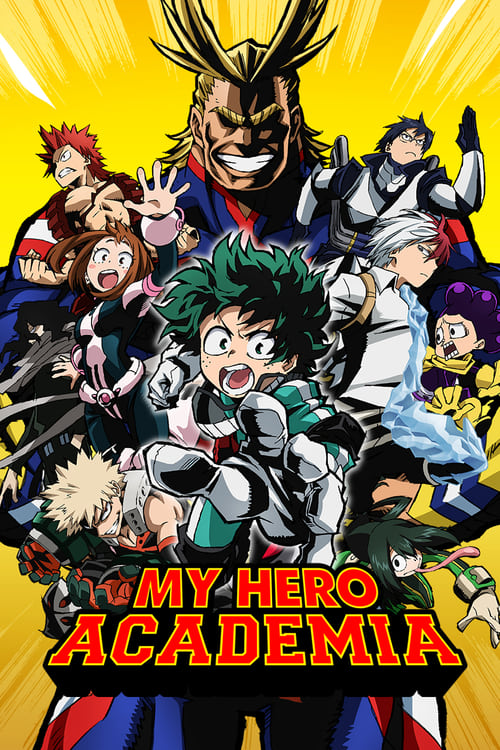
Ask Your Own Question
What is the plot?
The episode opens with the eleven contestants entering a sleek, modern studio set, greeted by host David Tennant, who explains the premise: they will compete in a series of never-before-seen games designed to test intellect, strategy, and social manipulation, with elimination at stake each round. The contestants, visibly nervous and sizing each other up, introduce themselves; among them are Benjamin Everly, Ken Cheng, Scott, Charlotte, Paul, and Beex, each with distinct backgrounds ranging from academics to professional poker.
Tennant announces the first challenge: a team-based game where players must use tip-offs--clues about the game's mechanics--to outmaneuver the opposing team. The group is split into two factions by random draw, creating an immediate sense of division. Benjamin, Scott, and Beex find themselves in the minority alliance, while Charlotte, Paul, and others form the majority. The minority, realizing their disadvantage, retreat to a side room to strategize. Benjamin, feeling the pressure, urgently proposes using their tip-offs to target a player from the opposing team, aiming to send them to "jail"--a temporary elimination zone--to protect their own numbers. However, communication breaks down as Paul, from the majority, repeatedly interrupts and misunderstands the rules, barking orders and causing confusion. Beex, anxious and vigilant, stands by the door to watch for spies, but Paul insists she sit down, further fracturing the group's cohesion. The fifteen-minute planning window ends with the minority alliance still disorganized and uncertain.
The first game begins. Teams are presented with a complex, multi-layered puzzle requiring both logic and deception. The majority, led by Charlotte and Scott, quickly takes control, their confidence bolstered by their numbers. Charlotte, in particular, emerges as a vocal strategist, rallying her team with clear instructions. The minority, still reeling from their chaotic planning session, struggles to coordinate. Midway through the game, the majority successfully uses their tip-offs to identify a target from the minority, sending them to jail. This move visibly demoralizes the minority, who now feel increasingly isolated and outmatched.
As the game progresses, the majority's dominance becomes overwhelming. They systematically outmaneuver the minority in each phase, leveraging their numerical advantage and clearer communication. The minority attempts to counter by targeting a key player from the majority, but their efforts are disorganized and easily thwarted. The majority, sensing victory, begins to play more conservatively, focusing on maintaining their lead rather than taking risks. Some players, sensing the tide has turned, start currying favor with Paul, hoping to avoid being targeted in future rounds.
The round concludes with the majority's decisive victory. The losing team is forced to nominate one of their own for the "death match"--a one-on-one elimination challenge. The minority, now in open conflict, debates whom to sacrifice. Tensions flare as accusations of poor strategy and lack of leadership are exchanged. Ultimately, they select their weakest performer, a decision met with resignation and quiet resentment. The chosen contestant, visibly shaken, prepares for the death match, aware that their fate now rests on a single high-stakes game.
The death match is a rapid-fire logic puzzle, played in front of the entire group. The nominated player from the minority faces off against a volunteer from the majority. The atmosphere is tense, with all eyes on the two competitors. The majority's representative, confident and composed, quickly solves the puzzle, while the minority's player, overwhelmed by pressure, falters. The majority's victory is decisive, and the minority's player is eliminated from the competition. The remaining contestants react with a mix of relief, guilt, and renewed determination as the episode ends, the stakes for the next round now even higher.
What is the ending?
The ending of Genius Game Season 1, Episode 1 shows Paul being eliminated after losing the Death Match against Basher. Charlotte wins the main game "Gold Heist" and uses her power to grant immunity to Scott and give Garnets (game tokens) to Scott and Wendy. Paul apologizes to Basher before the Death Match, and after losing, he congratulates Basher and departs. The episode closes with Scott feeling confident about his ruthless gameplay and a preview of the next episode.
Expanded narrative of the ending scene by scene:
The episode's climax begins with the contestants entering the dealer room for the final time, except Paul, who is notably absent as he has just been released from jail within the game context. Charlotte emerges as the winner of the main game challenge called "Gold Heist," which grants her significant power in the game. She receives an additional Garnet, a valuable token, and chooses to use her influence strategically by granting immunity from the upcoming Death Match to Scott, shielding him from elimination risk. Charlotte also gives a Garnet to Wendy, indicating alliance or favor.
Paul, having lost the main game, must face the Death Match, a high-stakes elimination round. He selects Basher as his opponent. Before the match begins, Paul apologizes to Basher, showing a moment of sportsmanship or regret. The game's creator introduces the Death Match rules, called "Say or Different," explaining how it works to the contestants and viewers.
The Death Match proceeds, and Basher survives, resulting in Paul's elimination from the Genius Game. Paul congratulates Basher on his victory, and the other contestants bid farewell to Paul, marking his exit from the competition. Paul is instructed to give his Garnets to Basher, symbolizing the transfer of power or advantage within the game. Scott, observing these events, reflects on his own gameplay, believing himself to be ruthless and confident in his strategy moving forward.
The episode ends with a preview of the next episode, setting the stage for continuing competition and intrigue among the remaining contestants.
In terms of character fates at the end of this episode:
- Paul is eliminated and leaves the game.
- Basher survives the Death Match and remains in the competition.
- Charlotte solidifies her position by winning the main game and strategically using her power.
- Scott gains immunity and feels confident about his ruthless approach.
- Wendy receives a Garnet from Charlotte, indicating potential alliance or advantage.
This ending sets up the ongoing dynamics of alliance, strategy, and elimination that define the Genius Game's competitive narrative.
Is there a post-credit scene?
Yes, Genius Game Season 1 Episode 1 (2025) does have a post-credit scene. After the end credits, David Tennant appears on screen switching out the lights in the studio and says, "Game's over... for now." This brief scene serves as a closing moment following the episode.
What is the main challenge or game played by the contestants in Episode 1 of Genius Game Season 1?
In Episode 1, titled 'Gold Heist', the eleven contestants meet for the first time and must quickly build alliances and factions while competing in a game where they attempt to rob moneybags, gold, or a crown. If more players try to rob an item than there are available, all those players go to jail and miss the next round. The loser of the main game must enter a Death Match with a chosen opponent to avoid elimination.
Who are some of the key players or characters introduced in Episode 1, and what are their notable strategies or roles?
Key players introduced include Charlotte, a PhD student who shows a strong competitive instinct by going for the crown twice and playing strategically with the Garnet currency at the end of the episode. Another player mentioned is Benjamin Everly, who takes charge during the 'Code Breakers' challenge in a later episode but is introduced in the first episode as part of the group dynamics. Scott is noted for developing a set plan early on, and Paul is effectively out of the game early due to the group's strategy.
How does the social element of the game work in Episode 1, and what impact does it have on the players?
The social element involves players being able to 'tip off' against others by predicting their moves, such as who will try to rob a particular item. If a tip-off is correct, the targeted player fails to get the item and is sent to jail for the next round. This adds complexity and encourages players to form alliances and factions to protect themselves and strategize against others.
What is the significance of the 'Token of Life' and 'Garnets' in the game as seen in Episode 1?
The winner of the Main Match in Episode 1 is rewarded with Garnets, the in-game currency, and a Token of Life, which guarantees safety from the subsequent Death Match. If there is a single winner, they can also give a Token of Life to an ally, adding a layer of alliance strategy and protection. The bottom player must enter the Death Match and choose an opponent to compete against for survival in the game.
What happens in the Death Match in Episode 1, and how does it affect the elimination process?
The Death Match occurs after the Main Match, involving the player who finished last and a chosen opponent. The loser of the Death Match is eliminated from the game. This mechanism adds high stakes to the competition, as players must not only perform well in the main challenges but also navigate social dynamics to avoid being sent to the Death Match.
Is this family friendly?
The TV show Genius Game (Season 1, Episode 1, 2025) is generally suitable for a broad audience but is not specifically designed as a family or children's show. It is a reality competition focused on intellectual and social strategy challenges, featuring adult contestants competing in complex games involving manipulation, alliances, and eliminations.
Potentially objectionable or upsetting aspects for children or sensitive viewers include:
- Competitive elimination and social manipulation: Contestants engage in strategic deception and social gameplay that may involve conflict and tension.
- Elimination "Death Matches": Players who perform poorly face head-to-head elimination challenges, which can create suspense and stress, though these are game-based and not violent in a physical sense.
- Emotional tension and interpersonal conflict: The show features psychological pressure and rivalry, which might be intense for sensitive viewers.
There is no indication of explicit violence, strong language, or adult themes such as sexual content or substance use in the available descriptions. The show's tone is competitive and strategic rather than sensational or graphic.
In summary, Genius Game is best suited for teenagers and adults interested in intellectual competition and social strategy. Parents may want to preview the show before allowing younger children to watch due to the psychological intensity and competitive elimination elements.





















